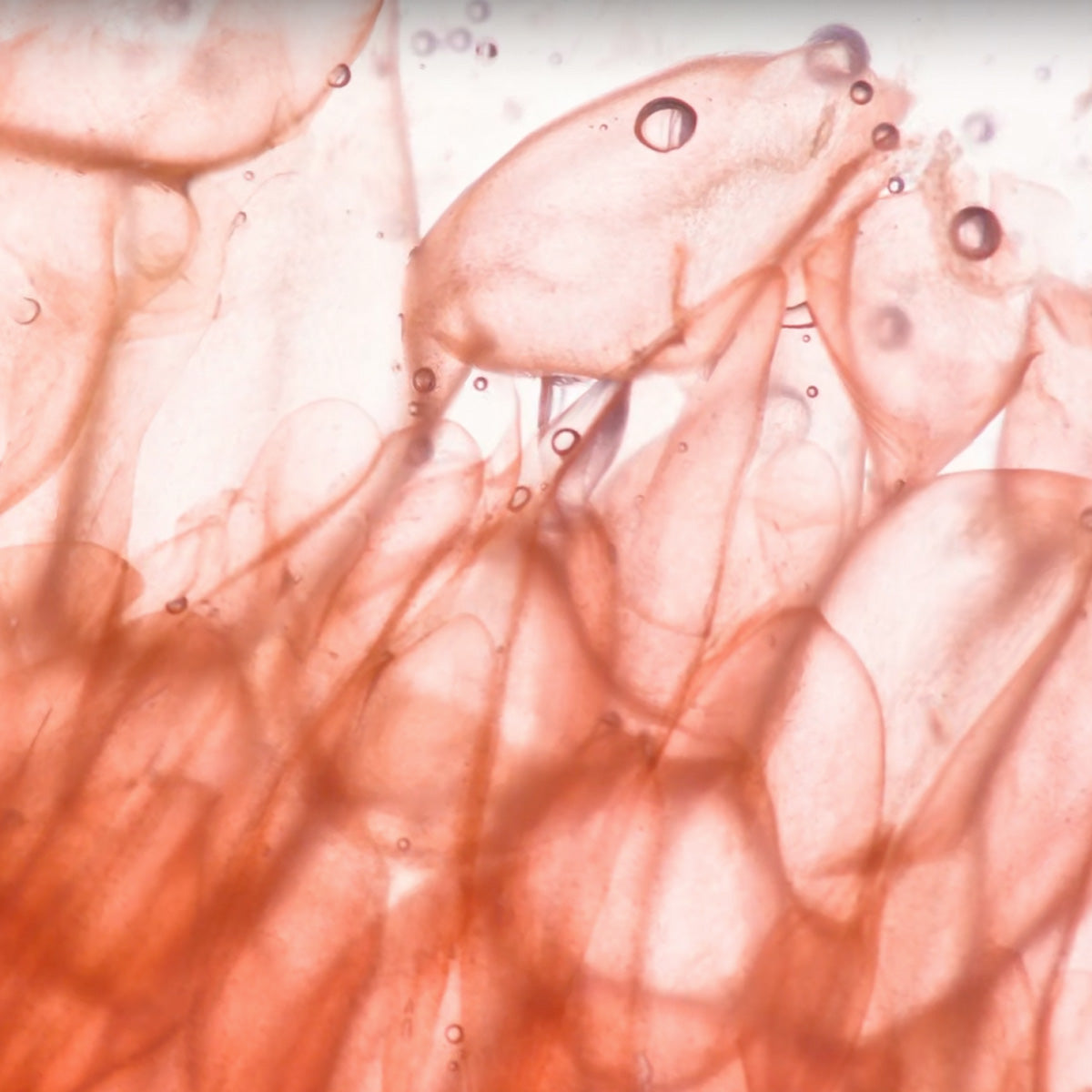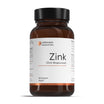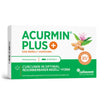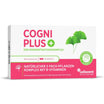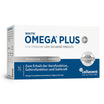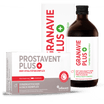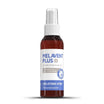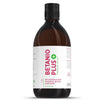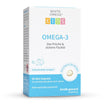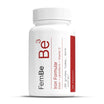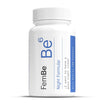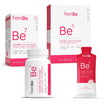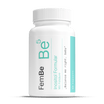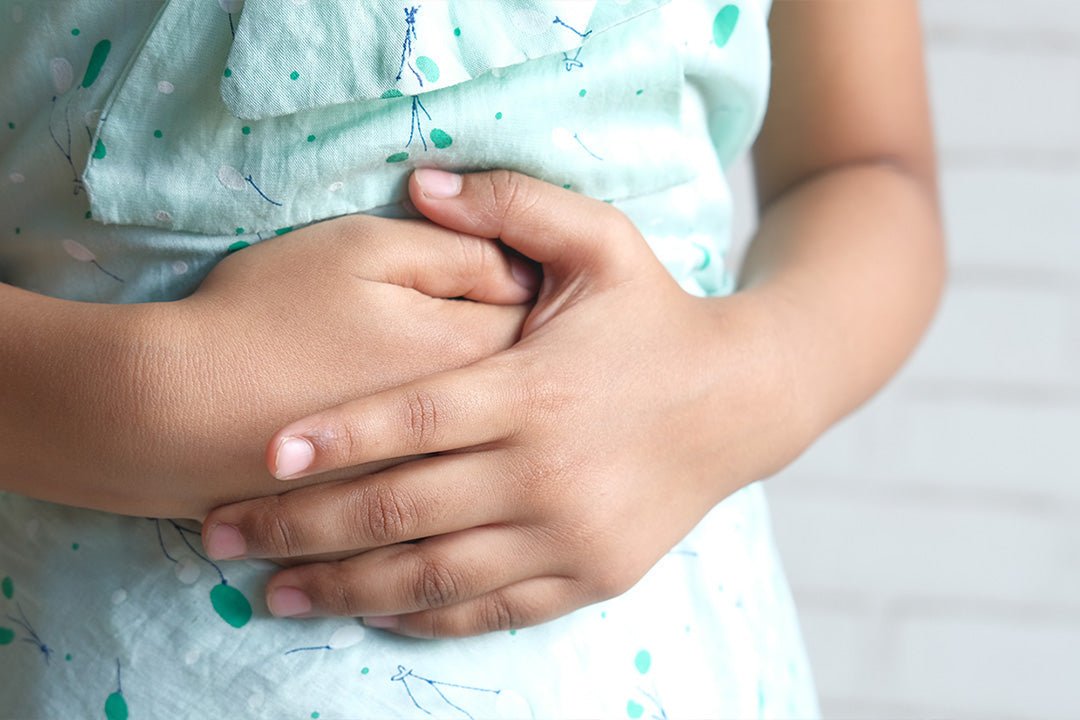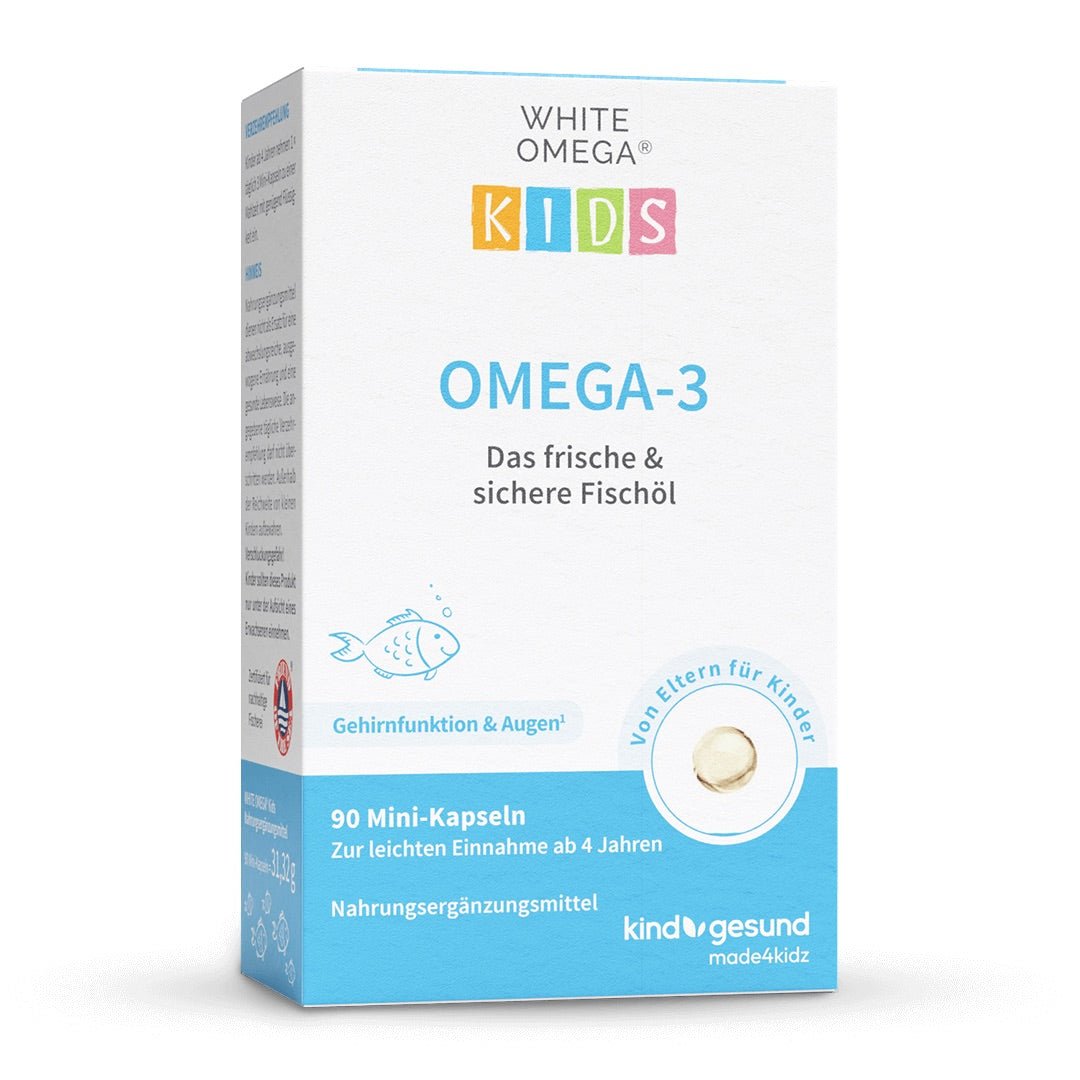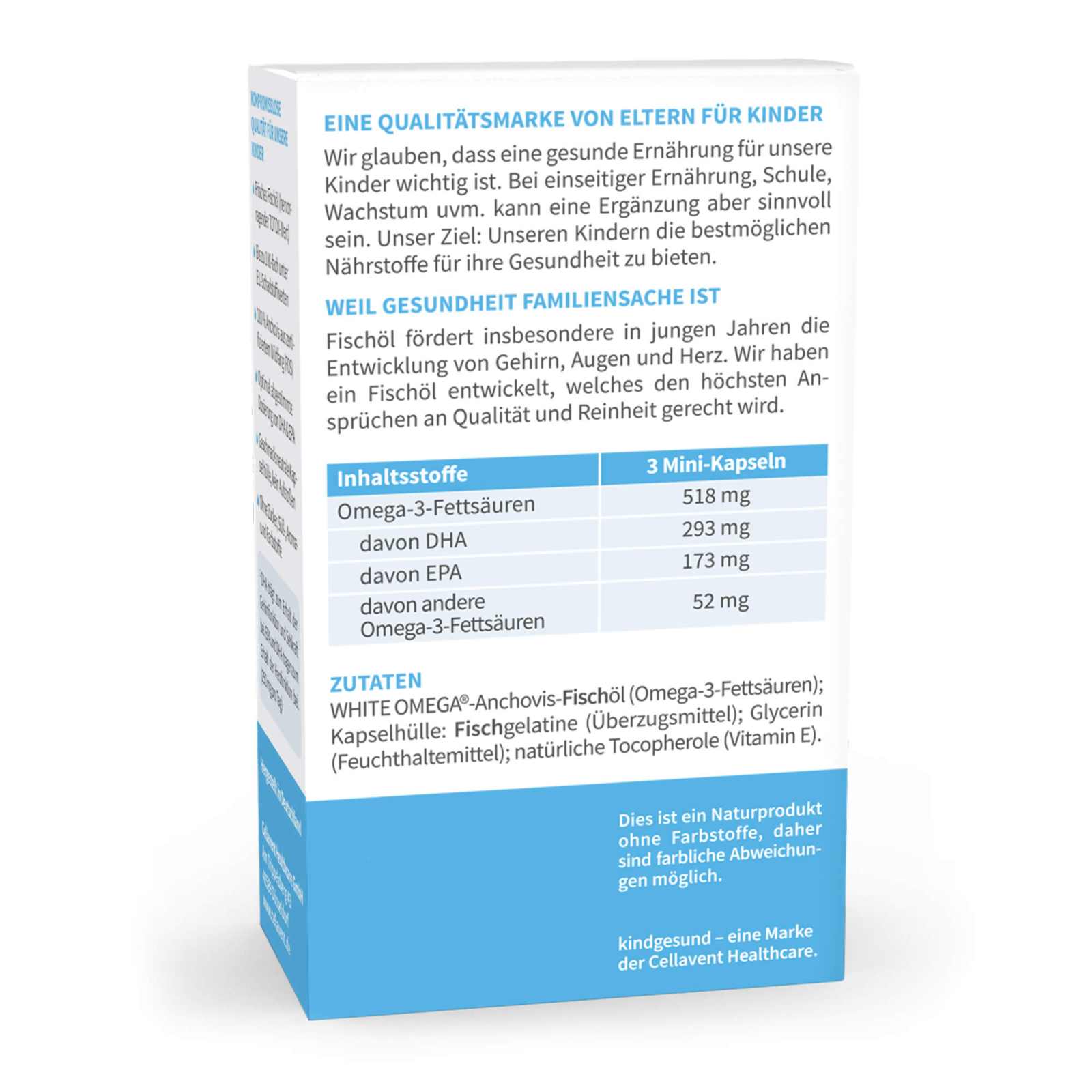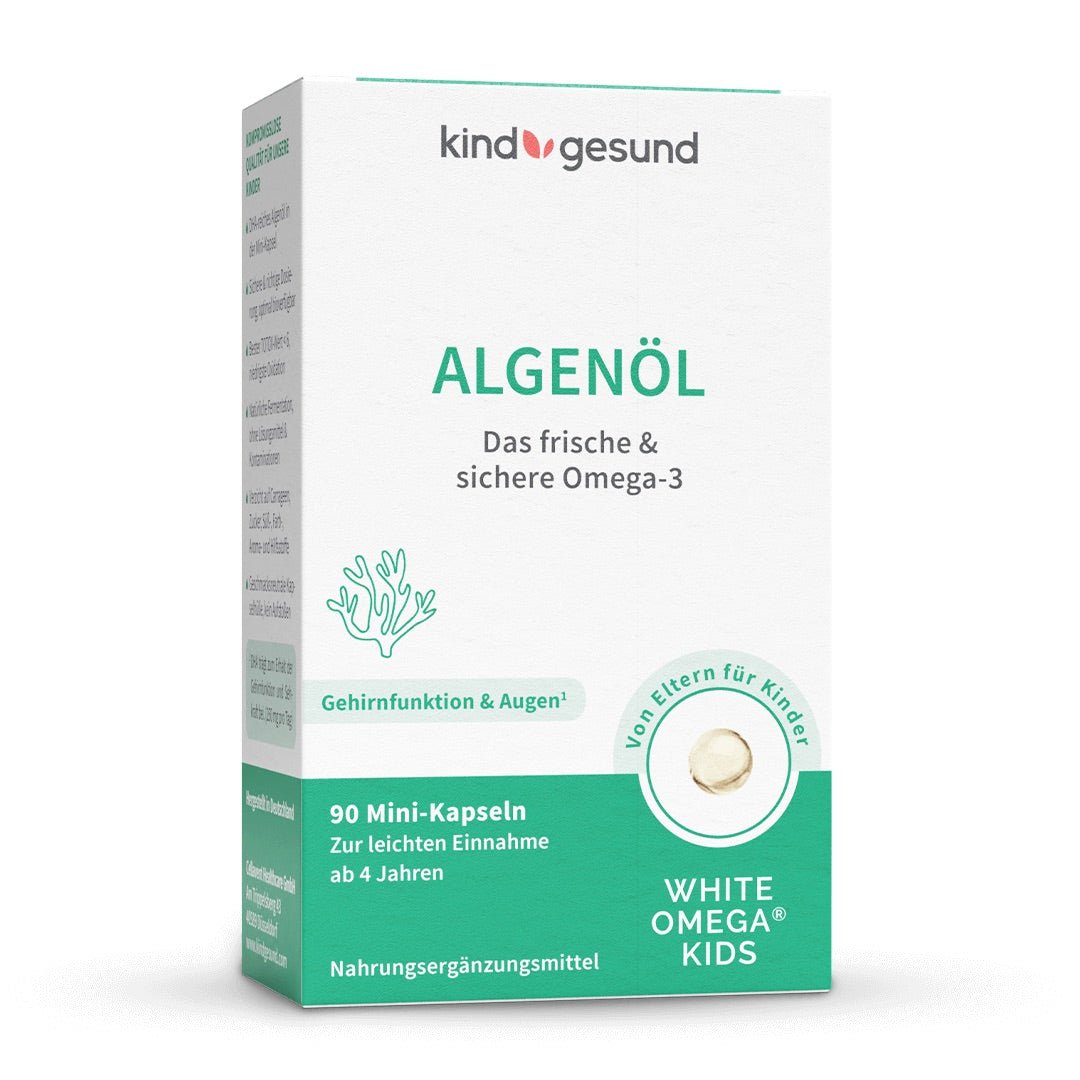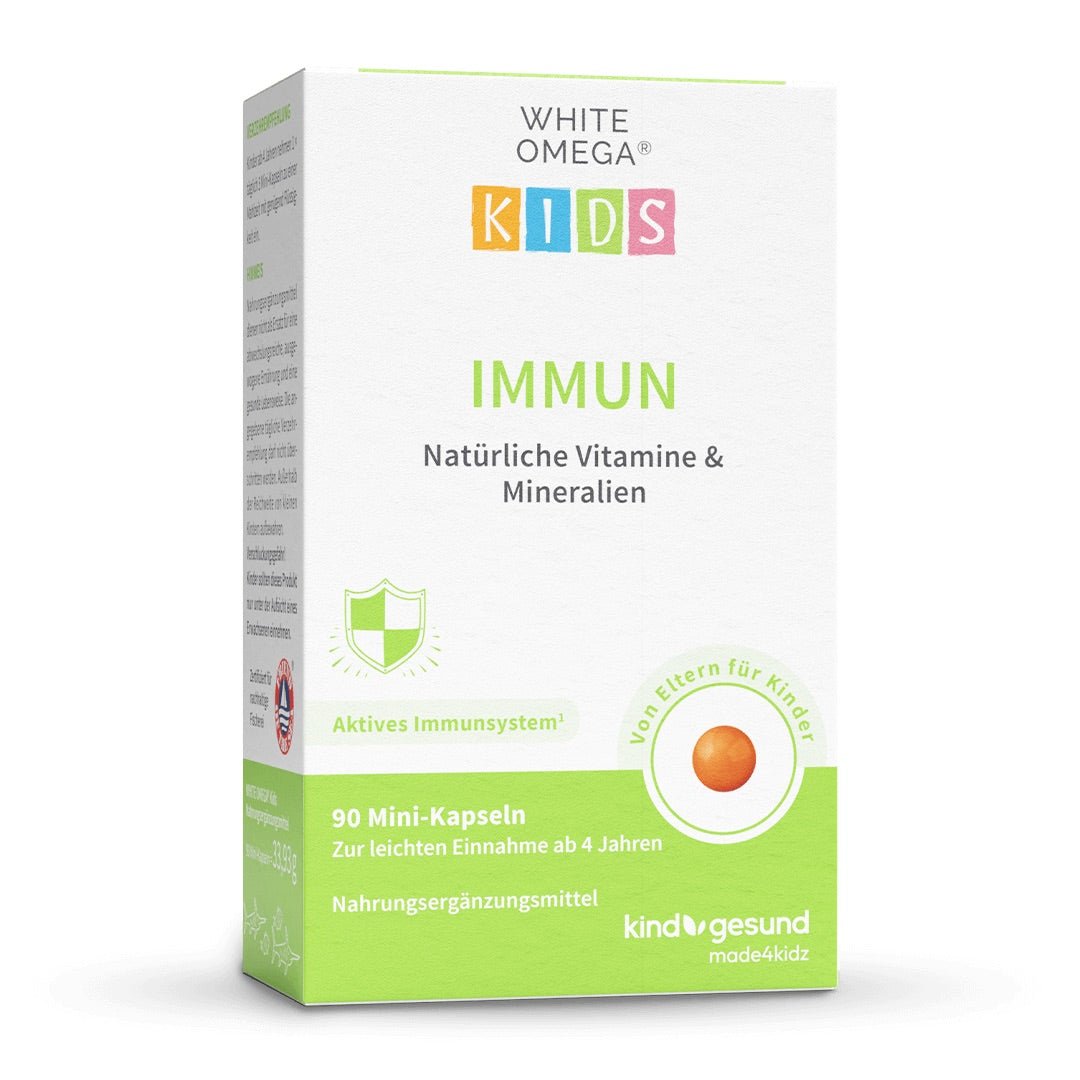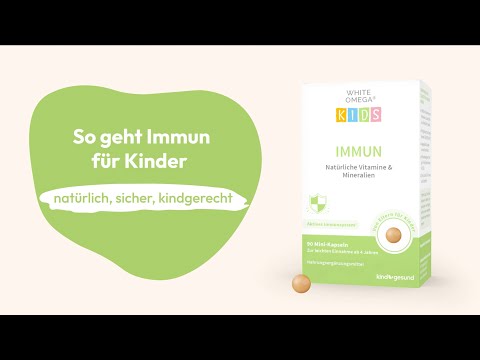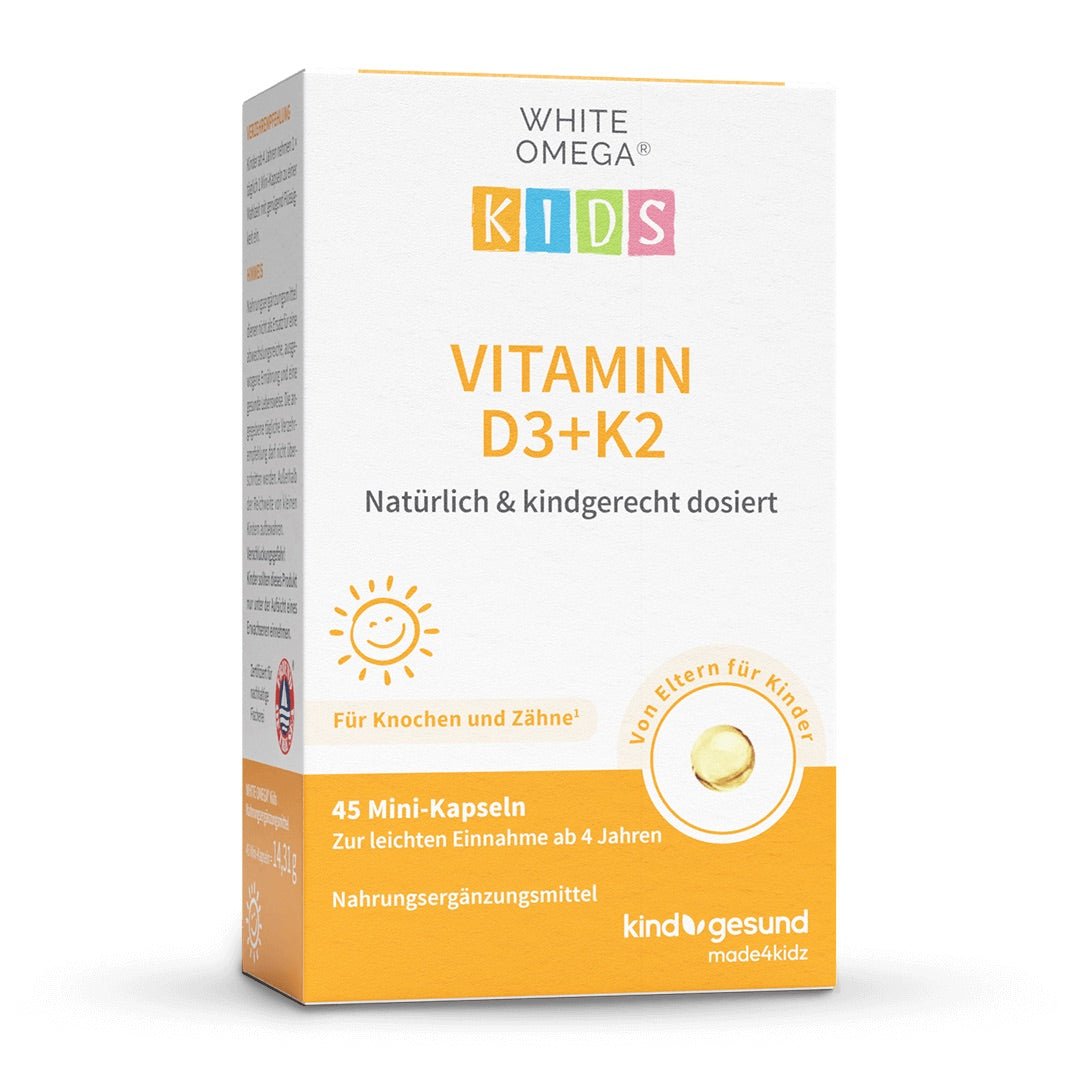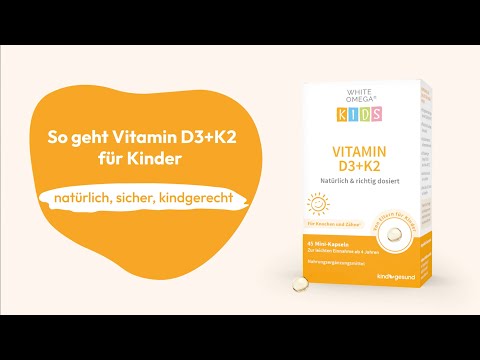Allergic reactions can cause frequent, serious and long-term problems. To prevent allergies in children, it is therefore important to understand the threat and take the necessary precautions to avoid it if possible. In this blog, we will show you what parents need to know about allergies and how you can protect your child from allergic reactions.
Why are allergies dangerous at all?
An allergy in children affects more than just well-being. For example, a 2002 study found that growth can be impaired in children affected by one or more food allergies. A key part of therapy for affected children is regular analysis of diet and nutrient intake.
Untreated allergies pose a health risk on several levels. That is why it is particularly important to pay attention to possible signs and seek medical advice.
What allergies are there?
The list of possible allergies is long. Allergies often occur against:
- Hay fever or pollen,
- House dust mites,
- animal hair,
- Groceries,
- Mold and
- Insect bites
Which allergies are typical in children
On the one hand, hereditary predispositions due to allergies in the parents contribute to the development, on the other hand, the domestic circumstances and the immune system also play a role.
Pollen allergies are typical and are mainly seasonal. Allergies to dust mites are also common, but can be prevented by keeping the environment clean but not too sterile. Caution is also advised with pets! Allergies to animal hair often develop in childhood. Last but not least, allergies and intolerances to certain foods such as various types of fruit or nuts can of course occur.

How to identify allergies in children
The best way to recognize allergies in children: Be attentive!
Possible symptoms of allergies
Food allergies do not always manifest themselves in the same way. They may show up as an itchy rash. Lips or tongue may also swell. Tongue or throat may burn or itch. The allergic reaction may also manifest itself as coughing, stomach pain or sneezing.
My child is showing symptoms of an allergy! What now?
If such a reaction occurs after eating, it is important to continue to monitor it! Important: In the case of very severe allergic reactions, you must act immediately and see a doctor. If, on the other hand, your child is experiencing milder symptoms, you can try to find out exactly when the symptoms occur. Perhaps you will recognize a pattern and can even associate it with a specific food?
Treatment options
Depending on the severity of the allergic reaction, various forms of therapy can be used to treat the symptoms. However, these should always be carried out and supervised by a doctor.
desensitization
Desensitization is a commonly used method to prevent allergies in children. It involves administering weak concentrations of the allergen over a period of several months, gradually allowing the immunity to become accustomed to the allergen. During treatment, the allergen is slowly increased to achieve stronger immunity. This procedure can help minimize allergic reactions.
Relieve symptoms
When it comes to pollen allergies, it is important to alleviate the unpleasant symptoms. Nasal sprays and eye drops can provide relief.
In the case of skin rashes, various creams can be used to minimize the reaction and alleviate the symptoms.
Treatment of allergies with medication
After a thorough medical history has been taken by the pediatrician, medication can also be used. This can be important to prevent the allergy from getting worse and spreading. It is particularly important to protect the respiratory tract and prevent allergic asthma, for example.
Preventing allergies in children
Once an allergy has developed, it is often impossible to get rid of it. It is therefore important to take measures from the outset to prevent it from occurring in the first place.
There are studies that have shown that micronutrients play a role in the development of allergies. They are not only important for healthy growth, but also for a strong immune system.
Which nutrients prevent allergies?
The human immune system is very complex. It is like a large puzzle made up of many individual pieces. A whole range of nutrients and vitamins play an important role. A vitamin deficiency can even disrupt the body's own functions and trigger a range of complaints.
Vitamin D
A key factor for a functioning immune system is vitamin D. A deficiency can even lead to an overreaction of the immune system. Since we cannot produce this vitamin in our bodies, we need the sun. In the winter months, people in certain regions are therefore more likely to suffer from a vitamin D deficiency. We are then more susceptible to illnesses and allergies. It can therefore be a good idea to compensate for the need with nutritional supplements.
Vitamin E
Vitamin E protects cells from oxidative stress and is mainly found in oils such as rapeseed oil, sunflower oil and corn oil. But nuts, fruit, vegetables and bread also contain the vitamin. Therefore, it is basically easy to meet the daily requirement and a dietary supplement is usually not necessary.
Vitamin C
It is well known that vitamin C strengthens the immune system. A lack of vitamin C not only weakens our immune system, but can also promote allergies. Vitamin C is therefore an important factor for the development and health of children in particular.
zinc
The human body stores histamine in so-called mast cells. When histamine is released (e.g. through food), allergic reactions can occur. The trace element zinc can help to stabilize these mast cells. It acts as a natural antihistamine.
When a balanced diet is difficult
We at kindgesund know only too well that it is not always easy to feed your children a balanced diet. Vegetables are often refused, fruit is boring and the plate with fish is also pushed away. That is why we have developed our nutritional supplements especially for children.
WHITE OMEGA® Kids Vitamin C capsules for children
If children eat little fruit and vegetables, a natural, plant-based supplement is useful. A constant or sporadic addition of vitamin C as a dietary supplement can prove beneficial for child development.
We developed our WHITE OMEGA® Kids Vitamin C with experienced experts. The dosage is well considered and the recommended intake prevents over- or under-dosing.
WHITE OMEGA® Kids Immune Capsules
With our WHITE OMEGA® Kids Immun Capsules we have also developed a product that supports the child's immune system. It contains purely plant-based vitamins, natural minerals and high-quality Omega-3 fish oil.
Even if your child refuses fish, vegetables and fruit, you can help strengthen the immune system with the help of our White Omega Kids Immun capsules. The capsules contain valuable vitamin C, vitamin D3, vitamin K3, omega-3 fatty acids and zinc.
Conclusion
Allergic reactions should be recognized and treated early. If you suspect that your little darling may be allergic to certain foods, house dust or pollen, see a doctor as soon as possible. An allergy test can quickly provide clarity. In order to prevent allergies from occurring in the first place, a balanced diet and the intake of many different nutrients, vitamins, minerals and trace elements is essential.
Sources:
- (1) Journal of the Academy of Nutrition and Dietetics: Food Allergies in Children Affect Nutrient Intake and Growth, https://linkinghub.elsevier.com/retrieve/pii/S0002822302903512 [04/27/2023].
- (2) Peroni DG, Hufnagl K, Comberiati P and Roth-Walter F (2023) Lack of iron, zinc, and vitamins as a contributor to the etiology of atopic diseases. Front. Nutr. 9:1032481. doi: 10.3389/fnut.2022.1032481.
- (3) My Allergy Portal: Allergy and Vitamins A, D and E: Which are important?,
https://www.mein-allergie-portal.com/allergie-general/1986-allergie-und-vitamins-welche-rolle-spiele-die-vitamine-de-und-a.html [04/27/2023]. - (4) Associations for independent health advice: What is histamine and where does it occur?, https://www.ugb.de/exklusiv/fragen-service/was-ist-histamin-wo-kommt-es-vor/?histamin -fleisch#:~:text=In%20the%20human%20body,%20histamine%20will%20cause%20sensations%20such%20as%20itching%20or%20skin%20redness%20 [04/27/2023].


